Books & More
Enriching mutual understanding and appreciation for one another through books.
Featured
The Great British Bake Off Winner Nadiya Hussain Gathers Global Recipes in Culinary Celebration of Ramadan
- Food
Nadiya Hussain's diverse recipes highlight the global unity of Muslim cultures and cuisines.
Read more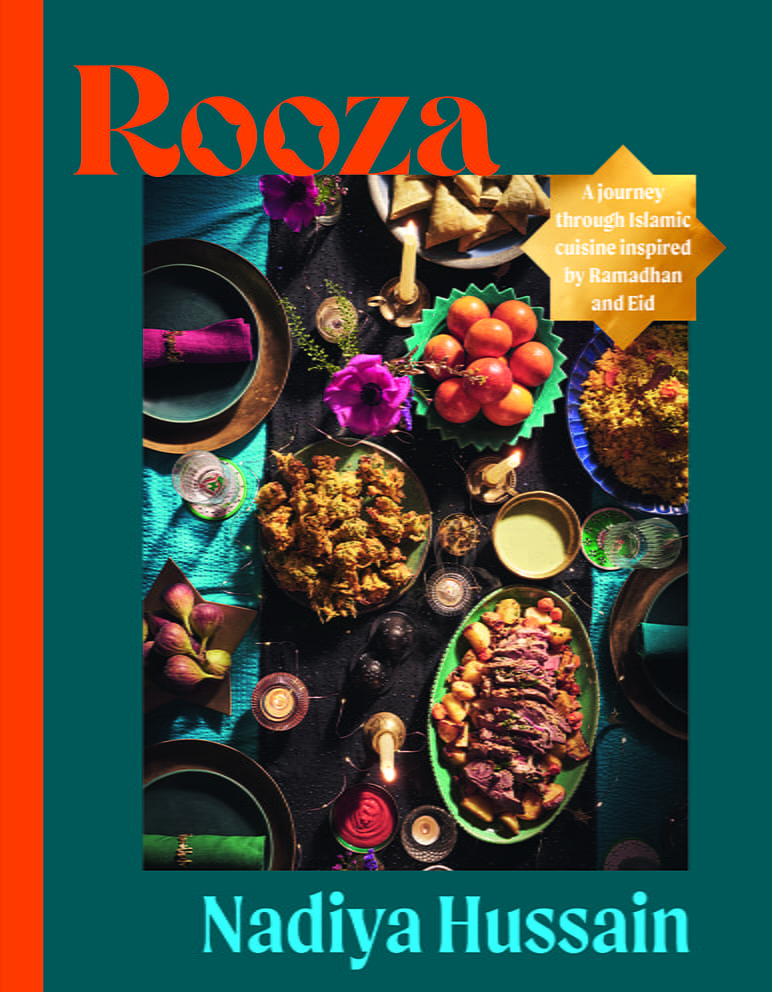
Find reviews for your specific needs
502 Results
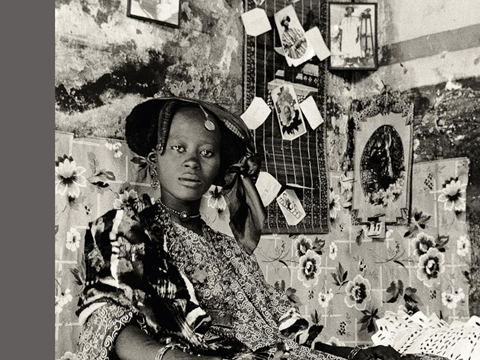
A Fresh Perspective on Senegal’s Photographic History
Author Giulia Paoletti’s Portrait and Place puts historical Senegalese photography in a fresh global context.
Book ‘s Take on Mangos Serves Up a Curious Mix of Food and History
Constance L. Kirker and Mary Newman trace mango’s cultural and culinary significance around the world.
A Century of African Art, in 300 Voices, All in One Book
From Cairo to Khartoum to Casablanca, this volume traces how African artists have shaped—and reshaped—modern art over the past century.
Historic Mosques in Sub-Saharan Africa
From Mali to Tanzania, historian Stéphane Pradines traces a thousand years of Islamic architecture that forces us to rethink what we know about Africa’s past.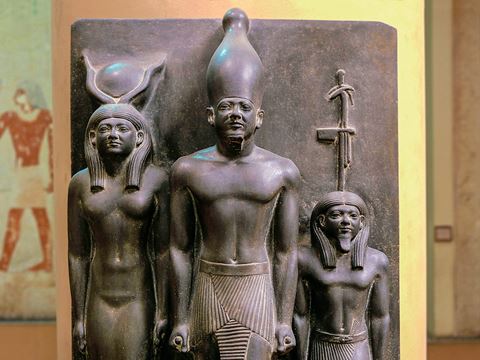
The Legacy of Egyptologist George Reisner—Our Book Review
When George Reisner died in 1942, he did so surrounded by ghosts—not just the pharaohs he’d unearthed but the stacks of unpublished notes that entombed his legacy..png?cx=0.44&cy=0.65&cw=480&ch=360)
Zeina Abirached’s Art Uncovers Urgency of Wisdom in Gibran’s The Prophet
Kahlil Gibran’s 1923 classic is given new life, as Abirached’s graphic novel blends Lebanese artistry with the late author’s timeless wisdom.
Asma Khan’s Monsoon Cookbook Reclaims Taste of Home—Our Book Review
Known for her all-female kitchen at London’s Darjeeling Express, Asma Khan transforms her new cookbook into a memoir, steeped in nostalgia.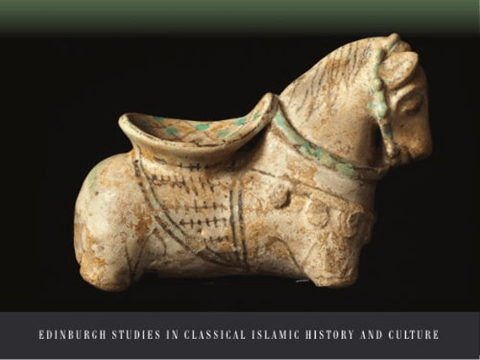
New Perspective Offered in The Court of the Caliphate of al-Andalus — Our Book Review
Author Eduardo Manzano Moreno gives life to a court scribe’s observations of Córdoba to offer a rarely explored view of the era.png?cx=0.45&cy=0.59&cw=480&ch=360)
New Book Decodes Mystery Behind Sixth Century Mosaic Pavement
Jane Chick’s 2024 study on enigmatic Libyan mosaic bridges Late Antiquity Roman and early ecclesiastical art.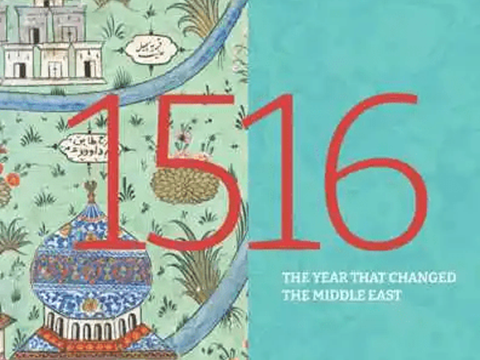
Editor Challenges Readers To Witness Islamic History Sans the Modern Lens In New Book
In 1516, Ottoman Sultan Selim I entered Damascus clean-shaven. What followed changed Arab-Turkish relations for 400 years.Rome and Persia The Seven Hundred Year Rivalry
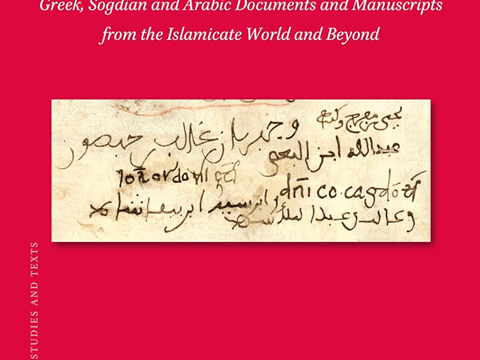
Old Documents Shed New Light on History in Book Connected to Ancient Islamic World
The painstaking work to recover history—one page at a time—is on brilliant display in this collection of essays focusing on early Arabic, Coptic, Greek, Hebrew, Latin and Sogdian manuscripts.